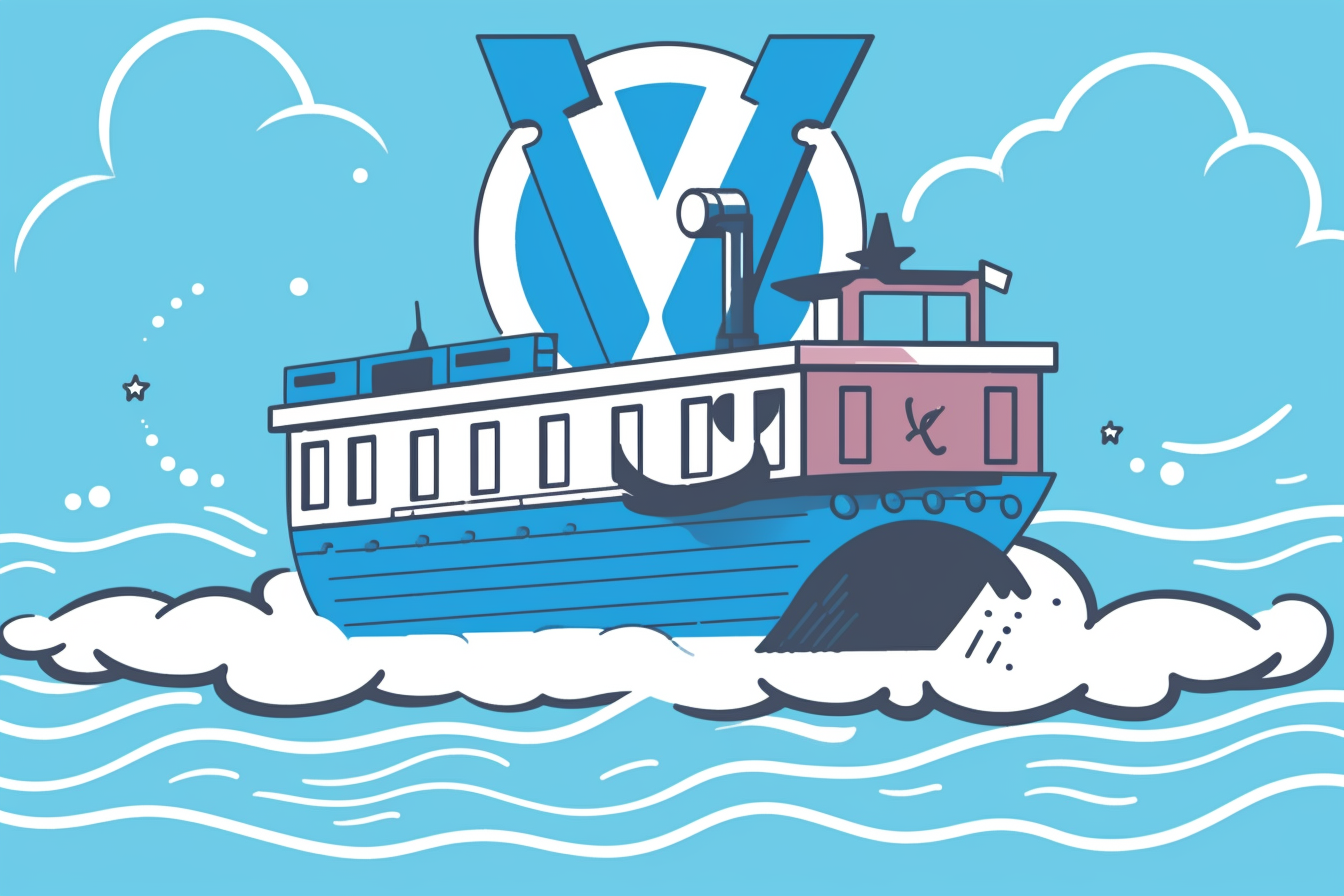In today’s fast-paced digital landscape, Docker containers have emerged as an indispensable tool for developers and system administrators. With their ability to package applications and their dependencies into isolated units, Docker containers provide a lightweight and efficient solution for deploying software across different environments. This article delves into the world of Docker containers and presents a curated list of the 15 most popular and essential containers that every developer should consider leveraging. Let’s dive in and unlock the potential of Docker!
Nginx: The Versatile Web Server Container
Nginx, pronounced as “engine-x,” is a high-performance web server and reverse proxy server. It excels in handling concurrent connections and efficiently serving static content. Its lightweight nature and scalability make it a popular choice among developers for load balancing, caching, and serving web applications.
MySQL: The Reliable Database Container
MySQL is a widely-used open-source relational database management system. With its robust features and flexibility, MySQL provides a reliable foundation for data storage and retrieval in various applications. From small-scale projects to large enterprise solutions, MySQL containerizes database management, ensuring easy deployment and scalability.
Redis: The In-Memory Data Store Container
Redis is an advanced key-value store that functions as a data structure server. It offers exceptional performance due to its in-memory storage and support for multiple data structures. Redis container provides an efficient solution for caching, real-time analytics, and message brokering, making it an essential component in modern application development.
Elasticsearch: The Powerful Search and Analytics Container
Elasticsearch is a highly scalable and distributed search engine known for its real-time search and analytics capabilities. It enables developers to store, search, and analyze vast amounts of data quickly and efficiently. Elasticsearch container simplifies the deployment and management of this powerful search engine, enabling developers to leverage its features effortlessly.
Jenkins: The Automation Server Container
Jenkins is a popular open-source automation server that facilitates continuous integration and continuous delivery (CI/CD) processes. It provides an extensible platform for building, testing, and deploying applications. By containerizing Jenkins, developers gain flexibility in managing their CI/CD pipelines, improving development efficiency and productivity.
WordPress: The User-Friendly Content Management Container
WordPress is a widely-used content management system (CMS) that empowers users to create and manage websites without extensive technical knowledge. It offers a range of customizable themes, plugins, and features. By utilizing the WordPress container, developers can easily deploy and maintain WordPress-based websites in a scalable and efficient manner.
GitLab: The All-in-One DevOps Container
GitLab is a complete DevOps platform that provides a single interface for managing the entire development lifecycle. From version control and continuous integration to container registry and deployment, GitLab containerizes the DevOps workflow, streamlining collaboration and boosting productivity for development teams.
MongoDB: The NoSQL Database Container
MongoDB is a popular document-oriented NoSQL database renowned for its scalability and flexibility. It offers high performance, automatic sharding, and easy integration with various programming languages. By utilizing the MongoDB container, developers can leverage the benefits of a robust NoSQL database, simplifying data management for their applications.
Grafana: The Data Visualization Container
Grafana is an open-source analytics and visualization platform that allows users to create interactive and customizable dashboards. It supports a wide range of data sources and offers powerful querying and alerting capabilities. Grafana containerization empowers developers to effortlessly integrate data visualization into their applications, providing valuable insights to end-users.
Prometheus: The Monitoring and Alerting Container
Prometheus is a popular open-source monitoring and alerting toolkit that provides a comprehensive solution for metrics collection and alert management. It excels in monitoring highly dynamic and containerized environments. Prometheus containerization enables developers to easily deploy and manage their monitoring infrastructure, ensuring the health and performance of their applications.
RabbitMQ: The Reliable Messaging Container
RabbitMQ is a robust and highly reliable message broker that facilitates asynchronous communication between distributed systems. It implements the Advanced Message Queuing Protocol (AMQP) and offers support for various messaging patterns. RabbitMQ containerization simplifies the integration of messaging capabilities into applications, enabling scalable and fault-tolerant communication.
PostgreSQL: The Object-Relational Database Container
PostgreSQL is a feature-rich open-source object-relational database management system. It provides advanced transactional support, data integrity, and extensibility. PostgreSQL container offers developers an efficient and scalable solution for managing their relational databases, ensuring data persistence and reliability.
Portainer: The Docker Container Management Container
Portainer is a lightweight management user interface for Docker. It simplifies the management and deployment of Docker containers, clusters, and applications. With its intuitive interface and robust features, Portainer containerization enables developers to streamline container management tasks, improving operational efficiency.
SonarQube: The Code Quality and Security Container
SonarQube is a powerful code quality and security analysis platform. It offers a range of static code analysis rules, ensuring adherence to best practices and identifying potential vulnerabilities. SonarQube containerization facilitates seamless integration into the development workflow, empowering developers to deliver high-quality, secure code.
TensorFlow: The Machine Learning Container
TensorFlow is an open-source machine learning framework widely used for building and deploying machine learning models. It provides a comprehensive ecosystem for developing and training models across different domains. By containerizing TensorFlow, developers can leverage its powerful capabilities for scalable and efficient machine learning workflows.
Conclusion
Docker containers have revolutionized software deployment, enabling developers to create portable and scalable applications. By leveraging the power of Docker and utilizing the top 15 containers mentioned in this article, developers can streamline their workflows, improve productivity, and unlock new possibilities in application development. Stay ahead of the competition by exploring these essential containers and harnessing their potential in your projects.









Leave a Reply